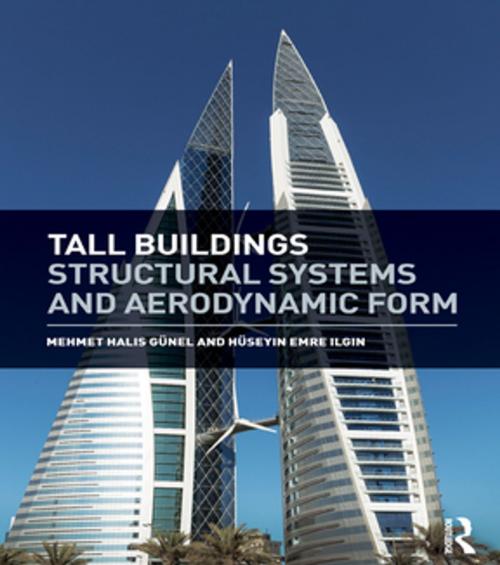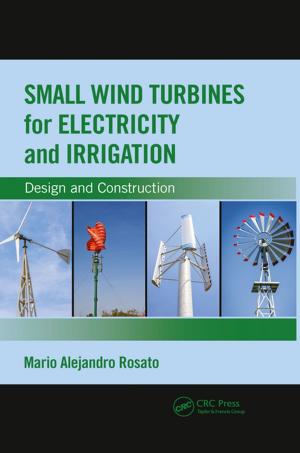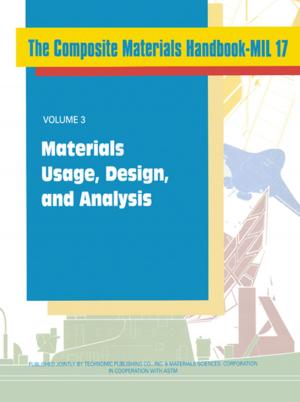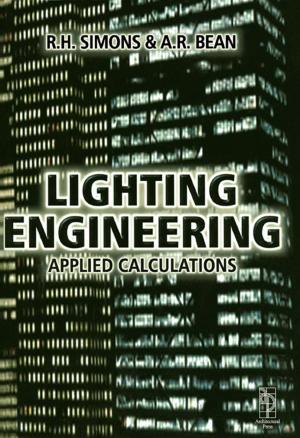Tall Buildings
Structural Systems and Aerodynamic Form
Nonfiction, Science & Nature, Technology, Construction & Construction Trades| Author: | Mehmet Halis Günel, Hüseyin Emre Ilgin | ISBN: | 9781317690726 |
| Publisher: | CRC Press | Publication: | June 27, 2014 |
| Imprint: | Routledge | Language: | English |
| Author: | Mehmet Halis Günel, Hüseyin Emre Ilgin |
| ISBN: | 9781317690726 |
| Publisher: | CRC Press |
| Publication: | June 27, 2014 |
| Imprint: | Routledge |
| Language: | English |
The structural challenges of building 800 metres into the sky are substantial, and include several factors which do not affect low-rise construction. This book focusses on these areas specifically to provide the architectural and structural knowledge which must be taken into account in order to design tall buildings successfully. In presenting examples of steel, reinforced concrete, and composite structural systems for such buildings, it is shown that wind load has a very important effect on the architectural and structural design. The aerodynamic approach to tall buildings is considered in this context, as is earthquake induced lateral loading.
Case studies of some of the world’s most iconic buildings, illustrated with full colour photographs, structural plans and axonometrics, will bring to life the design challenges which they presented to architects and structural engineers. The Empire State Building, the Burj Khalifa, Taipei 101 and the HSB Turning Torso are just a few examples of the buildings whose real-life specifications are used to explain and illustrate core design principles, and their subsequent effect on the finished structure.
The structural challenges of building 800 metres into the sky are substantial, and include several factors which do not affect low-rise construction. This book focusses on these areas specifically to provide the architectural and structural knowledge which must be taken into account in order to design tall buildings successfully. In presenting examples of steel, reinforced concrete, and composite structural systems for such buildings, it is shown that wind load has a very important effect on the architectural and structural design. The aerodynamic approach to tall buildings is considered in this context, as is earthquake induced lateral loading.
Case studies of some of the world’s most iconic buildings, illustrated with full colour photographs, structural plans and axonometrics, will bring to life the design challenges which they presented to architects and structural engineers. The Empire State Building, the Burj Khalifa, Taipei 101 and the HSB Turning Torso are just a few examples of the buildings whose real-life specifications are used to explain and illustrate core design principles, and their subsequent effect on the finished structure.















